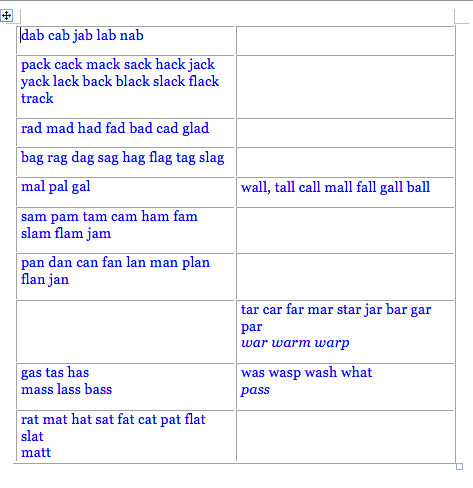There has been some confusion about the nature of English spelling, partly because it seems to have so many words that don’t appear to follow any rule or reason. However without a doubt English is a phonetic language. By understanding this in a practical way you can significantly improve your spelling.
When we say that English is a phonetic language we mean is that when we say a word, we will write it a certain way because of the sounds in the word. Another way of saying that is - a language is phonetic because when I see a word, I will know how it sounds because of the way it is spelt.
The reason why some people say that English isn’t phonetic is because there seems to be so many variations of spellings that make the same sound. That looks like the case at first. But if one looks more carefully the vast majority of the times it is possible to see that there are patterns there as well which help us make sense of the spelling.
Because English spelling is phonetically based it is important that you are able to distinguish one sound from another. So for eg, bad and bed may sound similar, but if you can’t hear that the words (hence the sounds) are different, then you are going to find English spelling just that much more difficult – As then the meaning becomes the way to help you decide the spelling.
That already happens in English sometimes, ( for example "their" and "there"), but there are not that many words like that.
So what I have done below is to list a number of words that have certain particularities. What I suggest now is that you write down in the comments section here what are the things you notice about this list about the sounds, spellings and patterns. I have put the comments area on another page to reduce the temptation to sneak a look at what others say.
My experience as a teacher tells me that you will MUCH more likely learn and retain something if YOU discover it for yourself. Whereas reading explanations usually has a very low success rate for learning. That is why I strongly suggest that you work this out for yourself. Once you are done, do go the comments page and leave your observations.
There is a heap that can be noticed here. Once we bring these to our awareness, we can then test our observations by expanding the variables one at a time...and see comes to our attention then. So once we have explored this sufficiently, I will then add another variable.
These simple exercises I will put forward here can over time do a lot to transform and improve how you approach spelling and reading in English.

